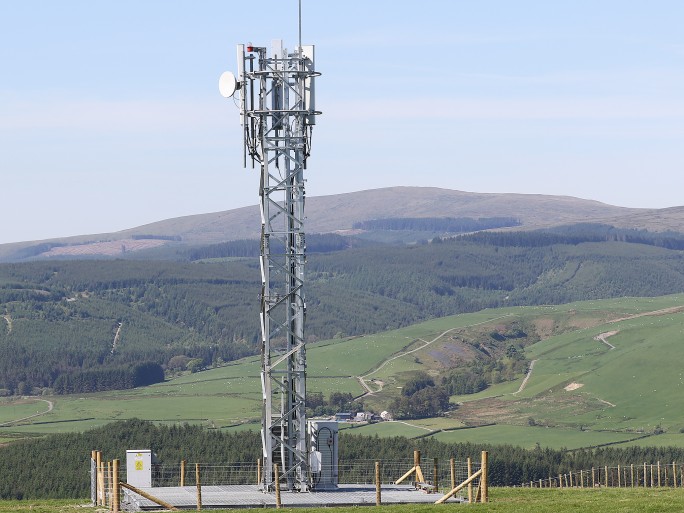Rural Not-Spot Deal Sees Operators Argue Over Costs

Rival mobile operators clash with BT-owned EE over costs to access its network masts, ahead of crunch meeting on Wednesday
The government’s plan to get all four major mobile operators to deliver 95 percent 4G coverage via a ‘Shared Rural Network’ (SRN) programme, is facing difficulties.
It is reported that rival operators are upset at the price BT-owned EE is demanding for them to access its mobile masts and other infrastructure.
Last October the government and mobile operators pledged £1 billion to create a ‘Shared Rural Network’, (SRN) in order to remove not-spots in rural operators.
![]()
EE charges
That plan saw the four main mobile networks contribute £530m for the SRN, with the government adding another £500m once the deal is finalised.
The aim is extend mobile services in rural areas in order to deliver 95 percent 4G coverage in the UK.
4G coverage of the UK landmass is said to be only at 67 percent currently.
Overall, the SRN aims to eliminate the mobile not-spots that have plagued rural and semi rural communities for years. In December 2018, Ofcom warned that while broadband and mobile services have improved in the UK, large areas – and particularly rural areas – were still “poorly served”.
The government wants EE, O2, Three and Vodafone to invest in a network of new and existing phone masts they would all share, in an effort to extend 4G coverage.
But already the plan has reportedly run into trouble, with rival operators unhappy at the price BT-owned EE is asking them to pay to share its equipment, the BBC reported.
Indeed, O2’s boss reportedly said the fees being sought by its rival “may undermine the viability of the project.”
But BT has hit back and said the costs were based on the value of the masts and other investments it had made over the years.
“Over the past seven-and-a-bit years, EE has invested in getting 4G coverage to significantly more places than any other network,” BT’s chief executive Marc Allera has previously said.
Amid this level of disagreement, a key meeting is due to take place on Wednesday to hammer out the details, the BBC has learned.
Rural coverage
The BBC understands that if the mobile operators do fail to agree, the government will consider other ways of achieving its 95 percent coverage goal.
This could result in delays to improving rural mobile coverage.
The Financial Times meanwhile reported that BT wants to include 320 yet-to-be-built masts in the agreement, and it wants to charge 250 percent more than the existing commercial rate for rivals to access them.
One insider told the BBC it would be cheaper for operators to build their own masts.
BT is also reportedly considering offering rival mobile operators a cheaper rate for masts on its emergency service network, which was partially funded by the government. There are apparently several hundreds of these emergency masts in rural locations.
“The SRN requires all four mobile network operators to deliver additional investment and an unprecedented level of infrastructure-sharing; it requires the Government to deliver planning policy reform and a modest level of funding; and it requires Ofcom to change its forthcoming spectrum auction rules and amend the licences of the mobile network operators,” blogged O2’s CEO Mark Evans.
2The Government announced in October that it was minded to support the SRN,” wrote Evans. “It was encouraging to then see the Prime Minister include the SRN among the top ten priorities for his new Government.”
“All parties now need to build on the collaborative progress that has been made in developing the SRN, so it can be fully adopted and ready for implementation by the time of the Budget on March 11th,” he added.
How much do you know about UK mobile operators? Try our quiz!